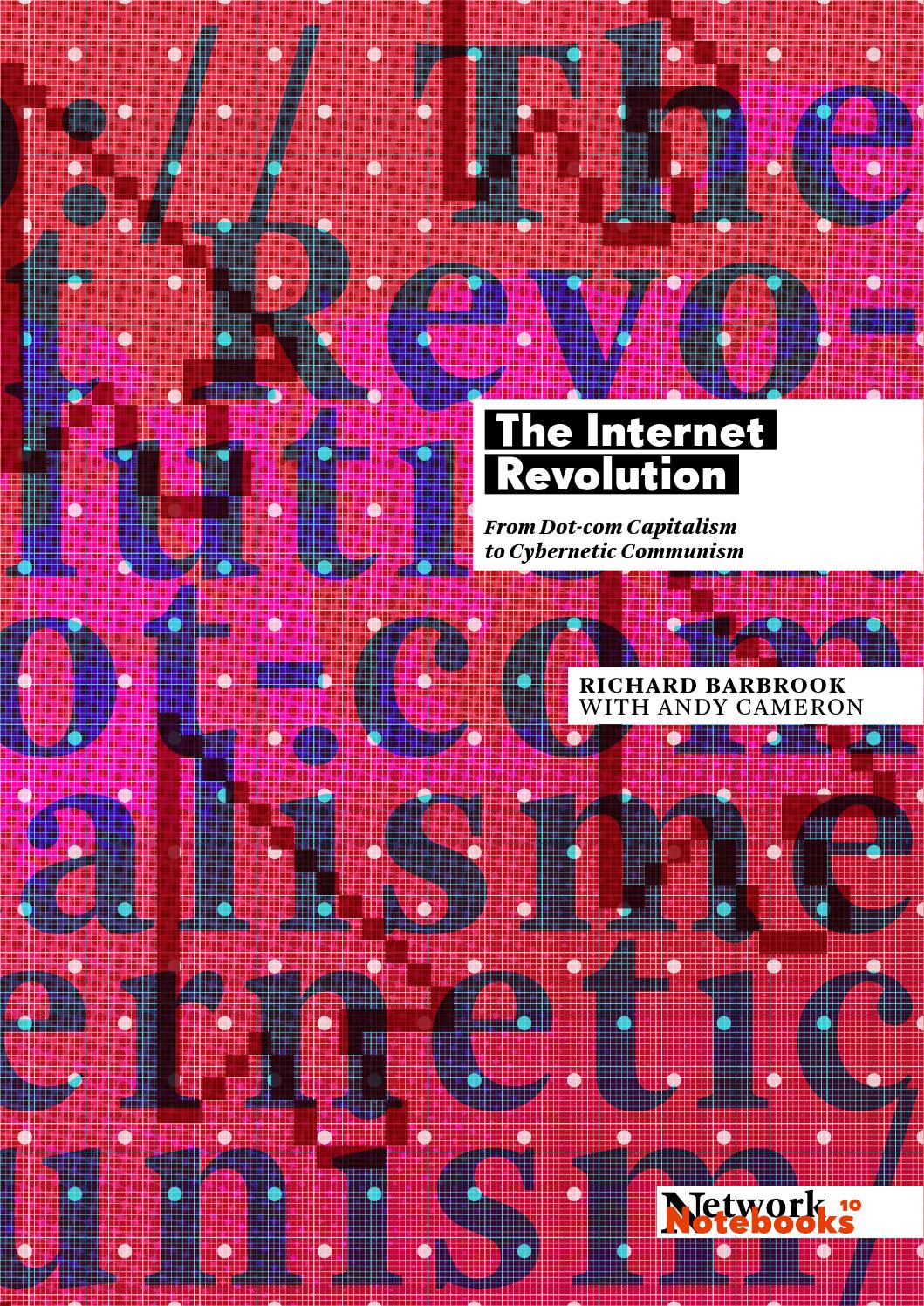Near Futures Online, 1: Europe at a Crossroads (2016)
Filed under journal | Tags: · democracy, economics, eu, europe, governance, greece, immigration, left, migration, neoliberalism, politics, refugees

“Europe at a Crossroads, the pilot issue of Near Futures Online, examines the recent history and potential fate of the two faces of “crisis” in today’s Europe, namely: the resistance and eventual surrender of the Greek government to the dictates of its creditors, and the growing tensions regarding the reception of asylum seekers and the place of immigrants in the EU.”
“Near Futures Online, the online companion of Zone Books’ Near Futures series, is a forum dedicated to the analysis of the challenges borne out of national governments’ and international institutions’ responses to some critical events – the financial crisis of 2008, the “Arab Springs” of 2011 – as well as ongoing developments such as climate change and soaring inequalities. Organized around a specific question, each issue of NFO brings together scholars, journalists, political activists, and artists, and includes contributions belonging to different genres and using a variety of media – essays and reportages, interviews and dialogues, photo essays and videos. Contributors are invited to address questions raised by NFO through an engagement with particular debates, histories, policies, and actors as well as to examine their possible trajectories in the near future.”
Edited by Michel Feher, William Callison, Milad Odabaei, and Aurélie Windels
Publisher Zone Books, Mar 2016
Open access
Richard Barbrook with Andy Cameron: The Internet Revolution: From Dot-com Capitalism to Cybernetic Communism (2015)
Filed under book | Tags: · californian ideology, capitalism, communism, cybernetics, cyberspace, internet, libertarianism, neoliberalism, net criticism, silicon valley, technology, virtual reality

“Richard Barbrook and Andy Cameron’s The Californian Ideology, originally published in 1995 by Mute magazine and the nettime mailinglist, is the iconic text of the first wave of Net criticism. The internet might have fundamentally changed in the last two decades, but their demolition of the neoliberal orthodoxies of Silicon Valley remains shocking and provocative. They question the cult of the dot-com entrepreneur, challenging the theory of technological determinism and refuting the myths of American history. Denounced as the work of ‘looney lefties’ by Silicon Valley’s boosters when it first appeared, The Californian Ideology has since been vindicated by the corporate take-over of the Net and the exposure of the NSA’s mass surveillance programmes.
Published in 1999 at the peak of the dot-com bubble, Richard Barbrook’s Cyber-Communism offers an alternative vision of the shape of things to come, inspired by Marshall McLuhan’s paradoxical ‘thought probes’. With the Californian Ideology growing stronger, the Net was celebrated as the mechanical perfection of neoliberal economics. Barbrook shows how this futurist prophecy is borrowed from America’s defunct Cold War enemy: Stalinist Russia. Technological progress was the catalyst of social transformation. With copyright weakening, intellectual commodities were mutating into gifts. Invented in capitalist America, the Net in the late-1990s had become the first working model of communism in human history.
In an introduction written specially for this 20th anniversary edition, Richard Barbrook takes a fresh look at the hippie capitalists who shaped Silicon Valley and explains how their influence continues to this day. These thought probes are still relevant in understanding the contradictory impact of ubiquitous social media within the modern world. As McLuhan had insisted, theoretical provocation creates political understanding.”
Publisher Institute of Network Cultures, Amsterdam, Oct 2015
Network Notebooks series, 10
Creative Commons Attribution-NonCommercial-ShareAlike 4.0 International License
ISBN 9789492302014
51 pages
Replies to ‘The Californian Ideology’ published in Mute 4 (Spring 1996): Introduction, Louis Rossetto (Wired’s editor-in-chief), Franco (Bifo) Berardi, Celia Pearce.
PDF, PDF (4 MB)
EPUB, EPUB (3 MB)
Issuu
Geert Lovink, Nathaniel Tkacz, Patricia de Vries (eds.): MoneyLab Reader: An Intervention in Digital Economy (2015)
Filed under book | Tags: · bitcoin, commons, crowdfunding, economy, market, money, neoliberalism, technology

“MoneyLab is part of a global movement that demands the democratization of the design of our financial futures. Audacity is essential in times of crisis. And so we must engage constructively with hackers, entrepreneurs, and other creators who take up the call for economic alternatives. One first step is a map of the present: What works and what doesn’t? What is worth pursuing and what must be left aside? Which histories bear on the present moment? And what are the limits of our economic imagination?
The MoneyLab Reader brings developments in crowdfunding, currency design, technologies of payment, and other economic experiments into dialogue. The authors of this volume discuss the implications of the current architecture of global finance, its impact on ever-growing income disparity, and question money and finance as such. It is not always clear, for instance, whether genuine alternatives are unfolding or if we are simply witnessing the creative extension of neoliberalism.”
Contributors: Irwan Abdalloh, Franco ‘Bifo’ Berardi, Robert van Boeschoten, Finn Brunton, Paolo Cirio, Jim Costanzo, Primavera De Filippi, Eduard de Jong, Irina Enache, Andrea Fumagalli, David Golumbia, Max Haiven, Keith Hart, Samer Hassan, Ralph Heidenreich, Stefan Heidenreich, Geert Lovink, Bill Maurer, Rachel O’Dwyer, Pekka Piironen, Lena Rethel, Renée Ridgway, Andrew Ross, Stephanie Rothenberg, Douglas Rushkoff, Saskia Sassen, Inge Ejbye Sørensen, Lana Swartz, Erin B. Taylor, Tiziana Terranova, Nathaniel Tkacz, Pablo Velasco González, Akseli Virtanen and Beat Weber.
Foreword by Saskia Sassen
Publisher Institute of Network Cultures, Amsterdam, 2015
INC Reader series, 10
Creative Commons BY-NC-SA 4.0 Unported License
ISBN 9789082234558
308 pages

